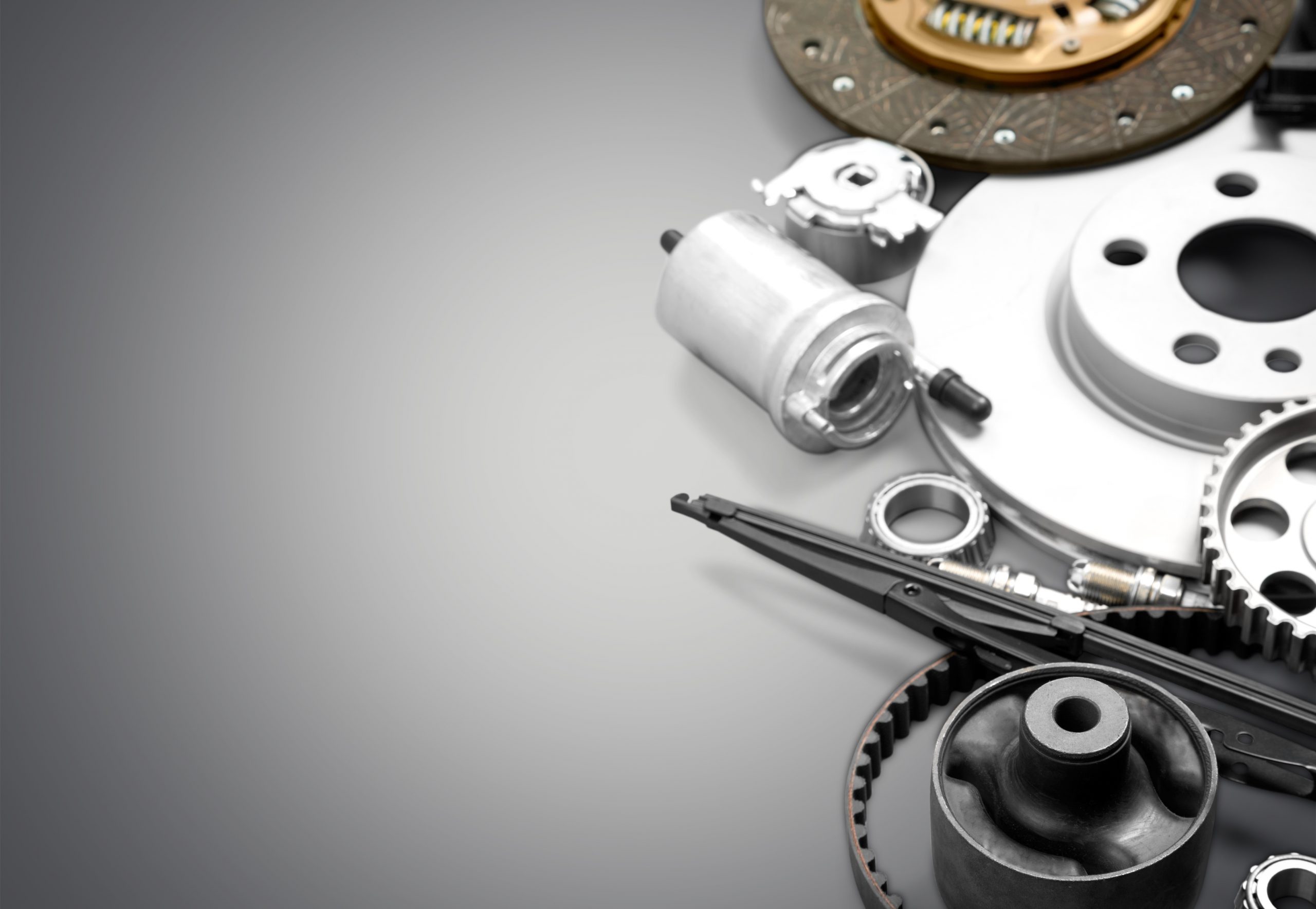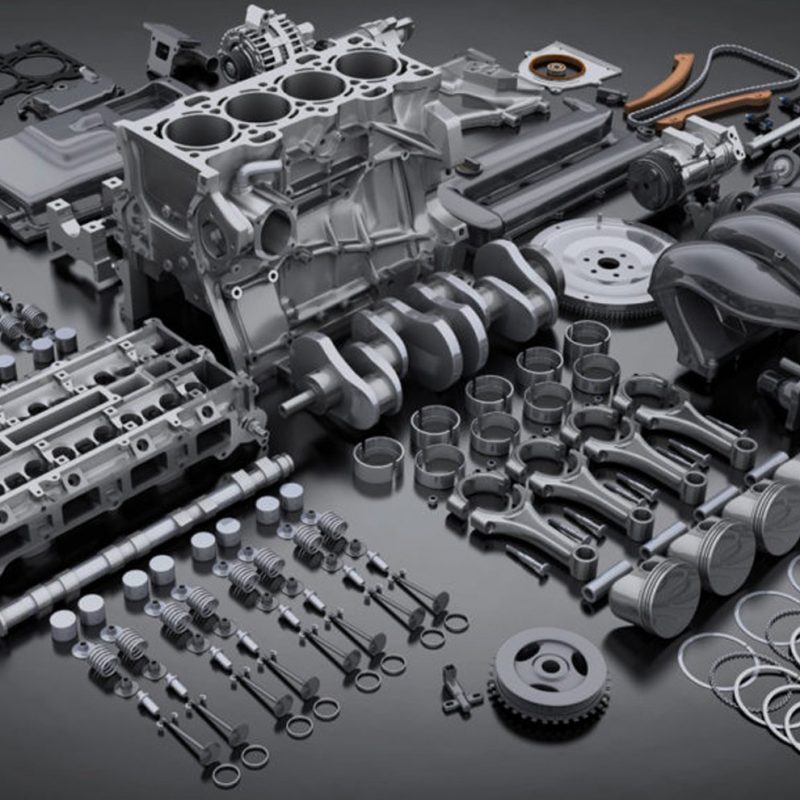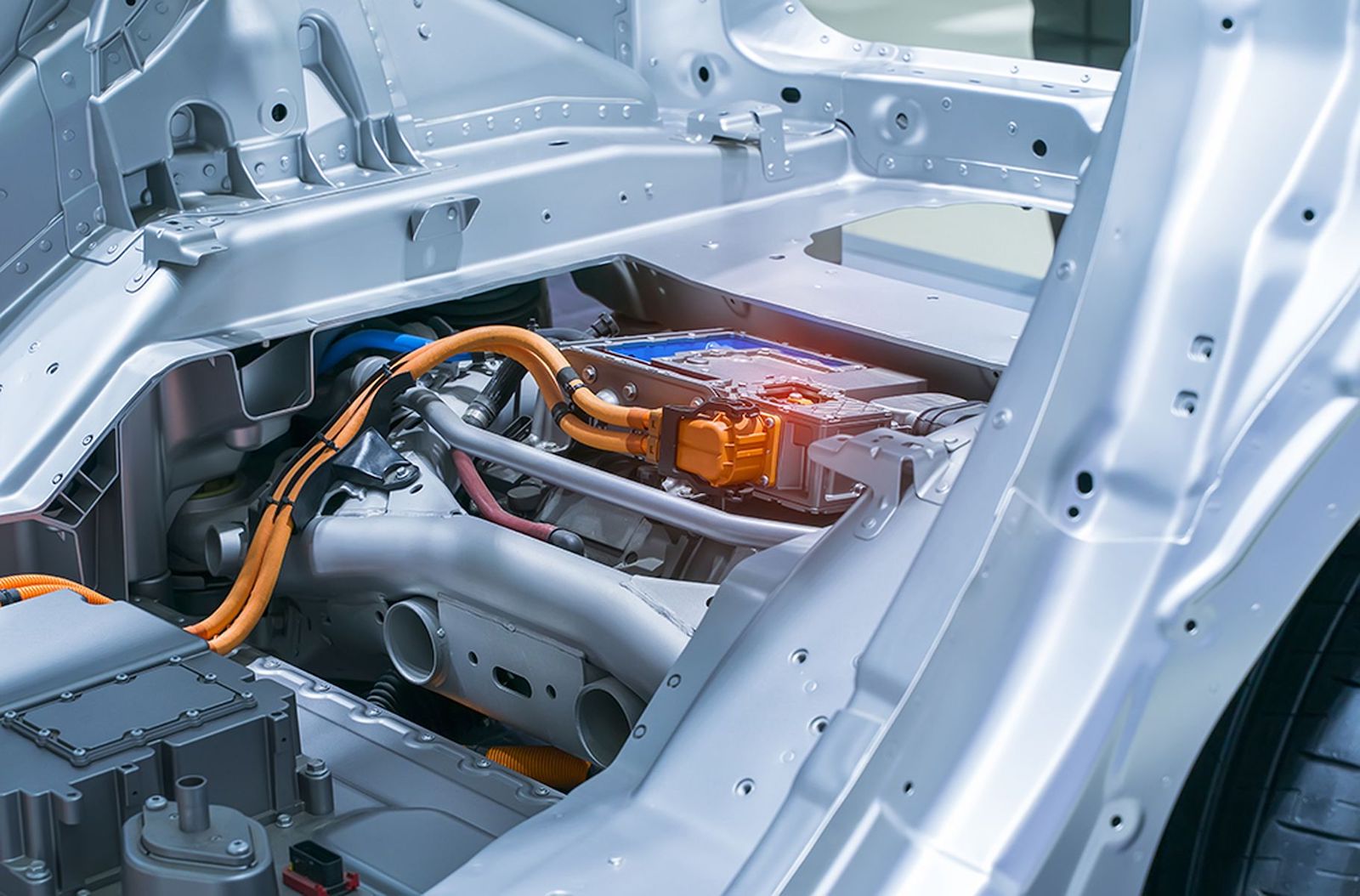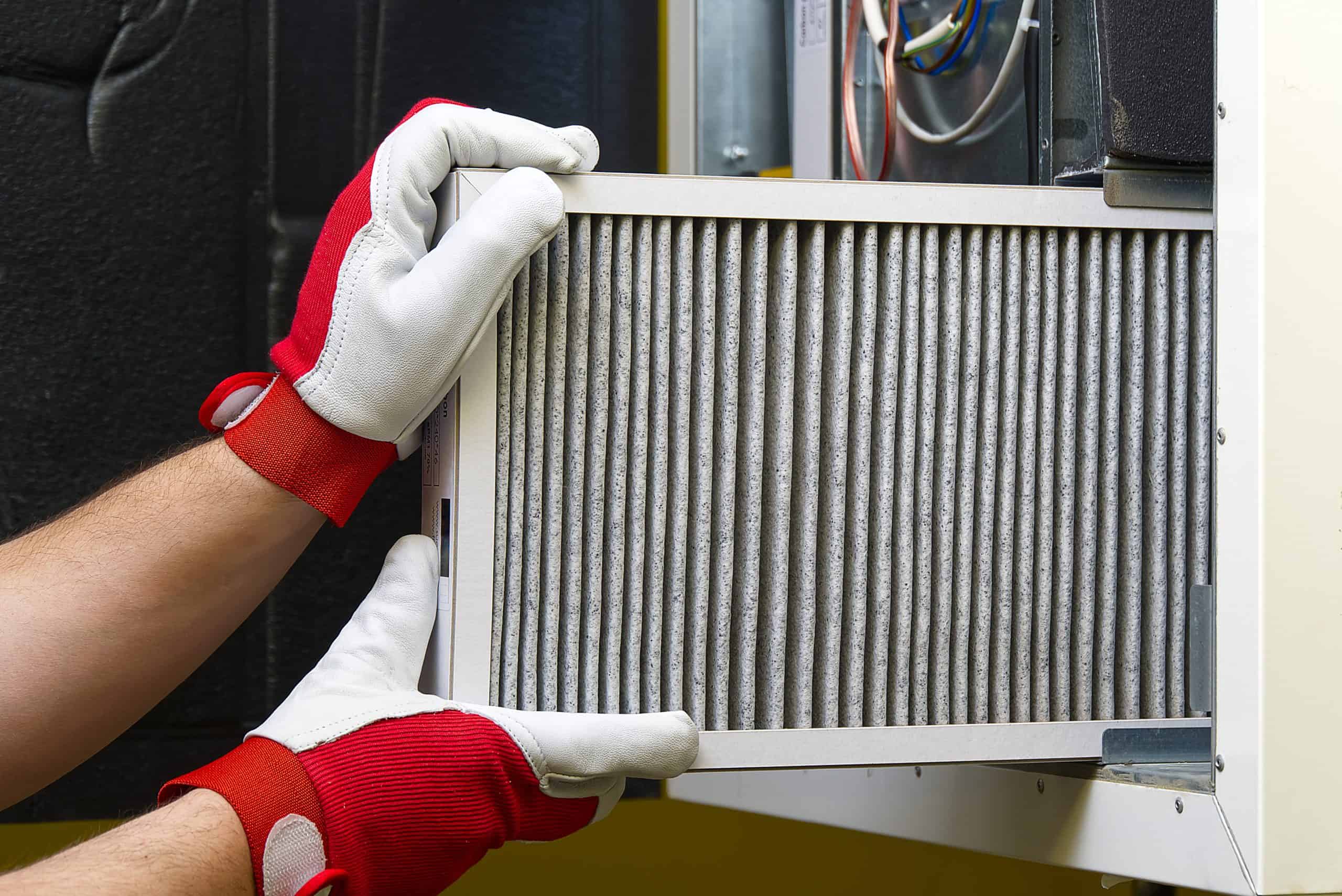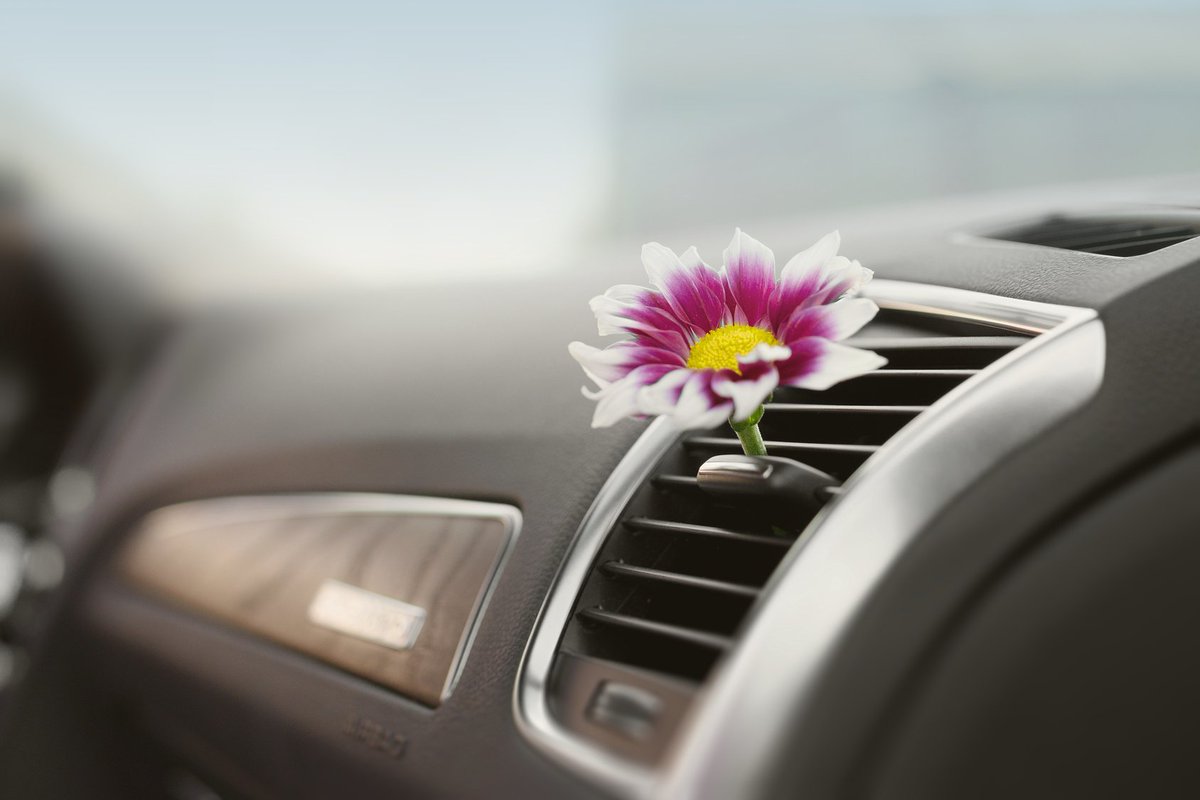The Importance of Regularly Changing Your Air Conditioner’s Filter
The Importance of Regularly Changing Your Air Conditioner’s Filter
I. Introduction
A. The purpose of an air conditioner filter is to remove pollutants and debris from the air before it is circulated throughout a home or building. The filter works by trapping these particles as the air passes through it, helping to keep the air clean and healthy to breathe.
B. Regularly changing the air conditioner filter is crucial for maintaining the efficiency and effectiveness of the air conditioner. A dirty filter can impede the airflow and cause the air conditioner to work harder, resulting in increased energy consumption and reduced air quality. Additionally, a dirty filter can shorten the lifespan of the air conditioner and even lead to health issues if the pollutants and debris are allowed to circulate in the air for too long.
II. How an air conditioner filter works
A. The filter in an air conditioner is typically made of a fibrous material that is designed to trap pollutants and debris as the air passes through it. These pollutants can include dust, dirt, pet dander, pollen, and other small particles that can negatively impact the air quality in a home or building. As the air conditioner runs, the filter captures these particles, preventing them from circulating in the air and being breathed in by the occupants.
B. A dirty filter can greatly affect the performance of an air conditioner. As the filter becomes clogged with trapped pollutants and debris, the airflow through the air conditioner is restricted. This causes the air conditioner to work harder to circulate the air, resulting in increased energy consumption and higher utility bills. Additionally, a dirty filter can reduce the air quality in the home or building by allowing pollutants and debris to circulate in the air. Furthermore, it can also cause damage to the air conditioner itself by reducing the airflow and putting additional strain on the system. This can lead to costly repairs and shorten the lifespan of the air conditioner.
III. The risks of not changing the air conditioner filter
A. One of the major risks of not changing the air conditioner filter is increased energy consumption. As the filter becomes clogged with pollutants and debris, the airflow through the air conditioner is restricted. This causes the air conditioner to work harder to circulate the air, which results in increased energy consumption and higher utility bills.
B. Another risk is reduced air quality. A dirty filter can allow pollutants and debris to circulate in the air, which can negatively impact the health of the occupants and reduce the overall comfort in the home or building. Additionally, a dirty filter can also lead to the growth of mold, bacteria, and other harmful microorganisms, which can further degrade the air quality.
C. Not changing the air conditioner filter can also reduce the lifespan of the air conditioner. A dirty filter can cause damage to the air conditioner by reducing the airflow and putting additional strain on the system. This can lead to costly repairs and ultimately shorten the lifespan of the air conditioner.
D. Furthermore, dirty air filter can cause health issues. Airborne pollutants and debris can exacerbate respiratory problems such as asthma and allergies, and can also lead to the development of new health issues. It’s important to change the filter to prevent such issues.
IV. How often to change the air conditioner filter
A. There are several factors that can affect the frequency of filter replacement. These include the number of people living in the home or building, the presence of pets, whether or not anyone smokes inside, and the overall air quality in the area. A home with more people or pets will generally require more frequent filter replacement than a home with fewer occupants or pets. Similarly, a home with a smoker will require more frequent filter replacement than a smoke-free home.
B. The recommended intervals for filter replacement will vary depending on the manufacturer, but as a general rule, it’s recommended to replace the filter at least every three months. However, if you have a lot of pets or someone smokes inside, you may need to replace the filter more frequently, every month. It’s important to check the filter every month, if it looks dirty, replace it. It’s also important to note that if you notice a decrease in airflow or an increase in your energy bill, it could be a sign that the filter needs to be replaced.
V. How to change the air conditioner filter
A. Changing an air conditioner filter is a relatively simple process that can be done by most homeowners. Here are some step-by-step instructions for changing the filter:
1. Locate the filter: The filter is typically located in the return air duct or the blower compartment. Consult the owner’s manual for the location of the filter on your specific model.
2. Turn off the power: Before changing the filter, make sure to turn off the power to the air conditioner to avoid any potential hazards.
3. Remove the old filter: Carefully remove the old filter from the air conditioner. Depending on the model, the filter may be held in place with clips or a filter frame.
4. Measure the filter: Take note of the size of the filter and the thickness of the filter.
5. Insert the new filter: Carefully insert the new filter into the air conditioner, making sure it is securely in place.
6. Turn the power back on: Once the filter is in place, turn the power back on to the air conditioner.
B. When selecting a replacement filter, it’s important to ensure that you choose the right size and type of filter for your air conditioner. Make sure to choose the filter with the same size and thickness as the old filter.
Additionally, it’s important to choose the right type of filter. MERV (Minimum Efficiency Reporting Value) rating is a standard used to measure the effectiveness of air filters. The higher the MERV rating, the more efficient the filter is at removing particles from the air. It’s recommended to choose filters with MERV rating of 7-13 for residential use, which will effectively remove common pollutants such as dust, pollen, and pet dander.
It’s also important to look for filters that are labeled as “washable” or “reusable” as they can be cleaned and reused multiple times, reducing waste and saving money in the long run.
VI. Conclusion
A. In conclusion, regularly changing the air conditioner filter is crucial for maintaining the efficiency and effectiveness of the air conditioner, as well as the overall air quality and health of the occupants of the home or building. A dirty filter can impede the airflow and cause the air conditioner to work harder, resulting in increased energy consumption, reduced air quality and a reduced lifespan of the air conditioner.
B. It’s important to schedule regular filter replacement to ensure that the filter is changed as often as necessary. Factors such as the number of people living in the home or building, the presence of pets, and whether or not anyone smokes inside can all affect the frequency of filter replacement. A general rule of thumb is to replace the filter at least every three months, but if you have a lot of pets or someone smokes inside, you may need to replace the filter more frequently.
C. If it’s been a while since you’ve changed your air conditioner filter, now is the time to take action. Changing the filter is a simple process that can be done by most homeowners, and it’s an important step in ensuring the efficiency and effectiveness of your air conditioner, as well as the overall air quality and health of the occupants of the home or building. With the right filter and the proper replacement schedule, your air conditioner will run more efficiently and effectively, and you’ll enjoy cleaner, healthier air in your home or building.


